Receiving an “inadequate” internal review decision
A common grievance for participants (and their family representatives) at the receiving end of an internal review decision is that the decision record does not explain the reviewer’s decision properly, or in some instances, does not make any sense whatsoever to them.
They may be angry and frustrated because they feel the NDIA has not been transparent or accountable in its decision-making. More practically, they may be unsure about whether to lodge an application with the Administrative Appeals Tribunal (Tribunal) for external review of the decision, because they do not fully understand the NDIA’s decision.
Legal right to adequate reasons
The law is on the side of the aggrieved here!
A participant is entitled to “adequate reasons” for an internal review decision by operation of section 100(1) of the National Disability Insurance Act 2013 (Cth) (NDIS Act), section 28 of the Administrative Appeals Tribunal 1975 (Cth) (AAT Act) and section 25D of the Acts Interpretation Act 1901 (Cth).
Section 28(5) and 38 of the AAT Act clarify that a statement of “adequate reasons” is one that sets out:
- adequate particulars of findings on material questions of fact;
- an adequate reference to the evidence or other material on which those findings were based; and
- adequate particulars of the reasons for the decision.
The legislative provisions reflect the fundamental right of a person affected by a government decision, to have a sufficiently detailed and logical explanation of the decision, such that “while they may not agree with the decision, they can at least understand why the decision went against them”: Ansett Transport Industries (Operations) Pty Ltd v Wraith (1983) 48 ALR 500, comments of Justice Woodward at 507 (paraphrased).
Enforcing your right to adequate reasons
A participant may ask the Tribunal to conduct a merits review of the internal review decision (ie, NDIS external review or “appeals” process). The Tribunal’s task then is to consider the internal review decision afresh (so the inadequate reasons for the internal review decision arguably become less important).
However, a participant/Applicant may also apply to the Tribunal, under sections 28(5) and (6) of the AAT Act, for a declaration as to the inadequacy of the internal review decision record, and a related direction that the NDIA provide them with a statement of adequate reasons for that decision.
Is it worth it?
Why do this if the Tribunal is considering the internal review decision anyway? There are several reasons.
First, to better understand the NDIA’s position to support discussions at case and conciliation conferences. Indeed, with a knowledge of the NDIA’s position, the participant/Applicant might even agree with it and discontinue their AAT review application.
Second, to rectify the imbalance in the Tribunal’s alternative dispute resolution (ADR) process in which the NDIA asks the participant/Applicant to produce more evidence (in many cases, somewhat repetitively and over several weeks or months) to justify their requests, while never explaining its position.
Third, the fact that a review is underway does not excuse the NDIA’s obligation to provide adequate reasons, and nor does it cancel out the participant’s/Applicant’s right to adequate reasons.
In BLZQ and National Disability Insurance Agency [2023] AATA 2629 (17 August 2023), Member Thompson determined the internal reviewer’s decision record was inadequate. As such, and pursuant to section 28(6) of the AAT Act, the Member directed the NDIA to, within 28 days, give to him an additional statement containing further and better particulars of the reasons for the decision, with specific reference to the reasons for assessing the amount of therapy supports at 152 hours and funding of $29,583.40. Special Voices represented the Applicant in this matter.
It comes back to transparency and accountability in the NDIS
The right of a participant/Applicant to have adequate reasons for a NDIA internal review decision is an important one. It not only reflects the law, but also the core values of transparency and accountability that the NDIA has publicly committed to act in accordance with via its Participant Service Charter.
Please contact me if you would like tailored advice on this issue.





